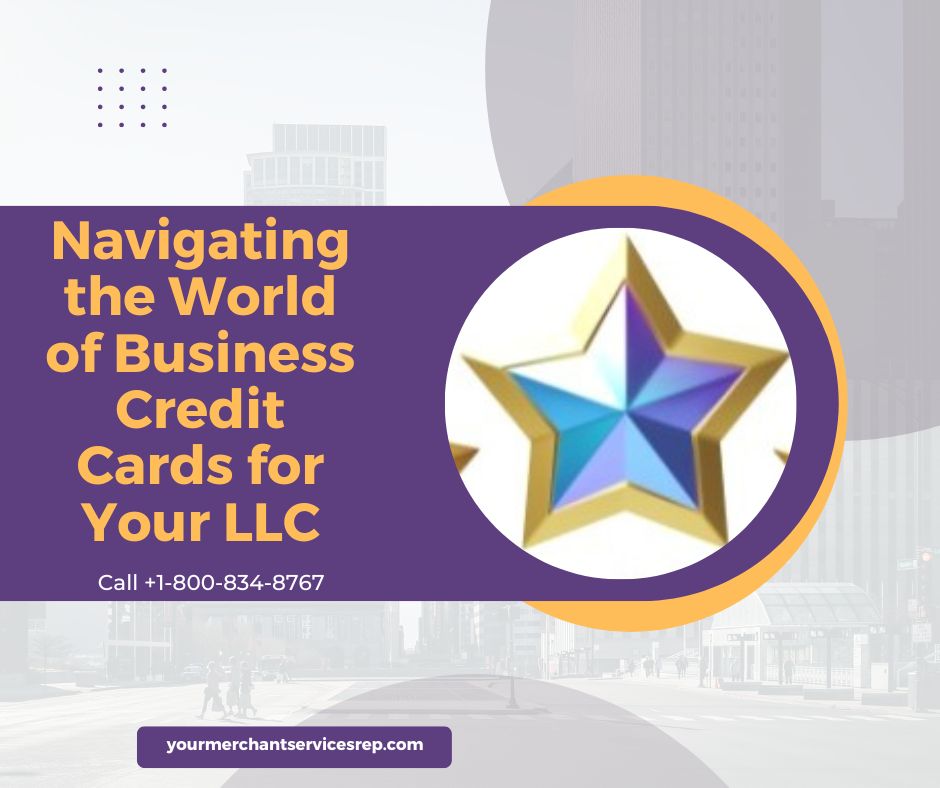Business Credit Cards 101: How to Apply and Get Approved
Introduction
If you've got a small business, you know that the business credit card market can be a bit of a jungle. There are many different types of cards out there, with benefits and features that vary widely. But it doesn't have to be that way! If you are looking for “how to get business credit cards”, then it's important to understand how the process works. In this article, we'll discuss how to apply for a good business card and what steps you need to take in order to get approved. We'll also go over some of the best options available right now so that you can start building your credit score today!
You don't have to be a business to utilize the benefits of a business credit card.
If you are an individual who uses their personal card for business expenses, such as paying for travel or office supplies, then you may want to consider getting one of these cards.
You will earn rewards on both types of purchases (personal and business).
Credit card issuers know that small-business owners are often cash strapped and need credit cards more than ever. They're willing to give out credit cards to small businesses because they understand that a company with a good track record of paying bills on time will be worth their while--and the interest rates on these cards are often lower than those offered to consumers.
Most business credit cards come with no annual fee, but there are some exceptions, like the Chase Ink Cash Business Edge Card. This card has a $95 annual fee that's waived for the first year and it doesn't offer any rewards. However,If you are looking for “how to get business credit cards” to grow your business and get a line of credit without having to pay for the actual card itself (which can be expensive), this is an excellent choice.
Some businesses prefer not to put their entire livelihood in one basket.
Some businesses prefer not to put their entire livelihood in one basket. For example, if you were a restaurant owner, you might use one credit card for business expenses (the one with the rewards program) and another for personal expenses (the one with no annual fee). You could also have more than one business credit card from the same issuer or even different issuers so that you can spread out your risk by having access to multiple lines of credit.
Keep your business finances separate from your personal finances.
If you're a small business owner, it's vitally important that you keep your business finances separate from your personal finances. The last thing you want is for an overzealous creditor to try to collect on an unpaid charge from a vacation or other personal expense.
A good rule of thumb is to use separate checking accounts for each entity--one for the corporation and one for the LLC (if applicable). In addition, it makes sense to have two credit cards: one in the name of each legal entity. That way, if there is ever a question about who owes what and when, all parties involved will know exactly where they stand financially by looking at their respective statements.
Make sure you can pay off your balance each month.
Make sure you can pay off your balance each month.
If you can't, you will be paying a lot of interest. This is especially true if your business credit card has an introductory 0% APR period or no annual fee, which means that any missed payments will be charged at the regular rate of interest after the introductory offer expires. If this happens and there's no way for you to make up the difference in cash flow, don't get a business credit card until things have changed for the better!
Investigate the rewards and benefits that each card offers before applying for one.
As you're searching for a business credit card, look for one that offers rewards and benefits that you can use. For example:
If you travel often, look for an airline or hotel loyalty program that fits your needs.
If you run a small business with an office in the same city as the bank's headquarters, consider getting a Visa or Mastercard from that bank so that it will be easier to get answers from customer service if there's ever any trouble with your account.
Look at how much cash back each card is offering--this might help determine which card best suits your spending habits!
You can get approved for a good business credit card with excellent personal credit scores. The average score of people who apply for business cards is in the mid 800s, but it's possible to be approved with a score below that if your financial situation is strong and you have other factors in your favour.
Credit scores are not the same thing as your credit report; they're a measure of how likely you are to default on debts over time. Credit reports list all of your accounts, including loans and mortgages, while credit scores focus on how often you pay those bills on time (or late). Most lenders use FICO scores when deciding whether or not to offer loans or open lines of credit; these scoring models range from 300-850 points based on factors like payment history, amount owed versus available credit limit across all accounts listed on an individual's report at any given time period (known as utilisation), length/amount owed per account type etcetera...
Conclusion
With a good business credit card, you can build your business and earn rewards at the same time. The best part is that most of these cards don't even require much in terms of annual fees or minimum balances. If you're looking for “how to get business credit cards” then get in touch with us or Call us on our toll-free number +1-800-834-8767.




Comments
Post a Comment